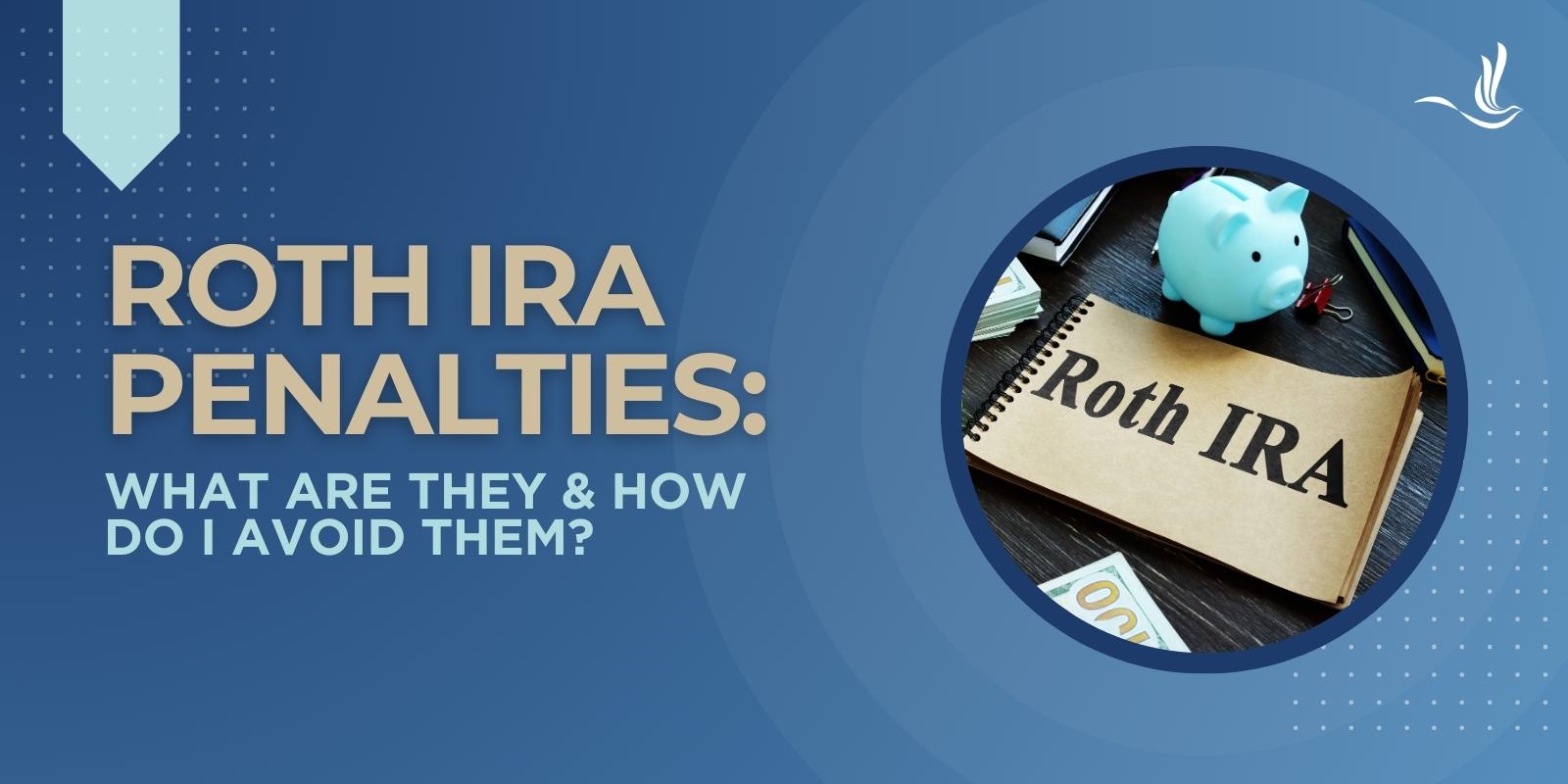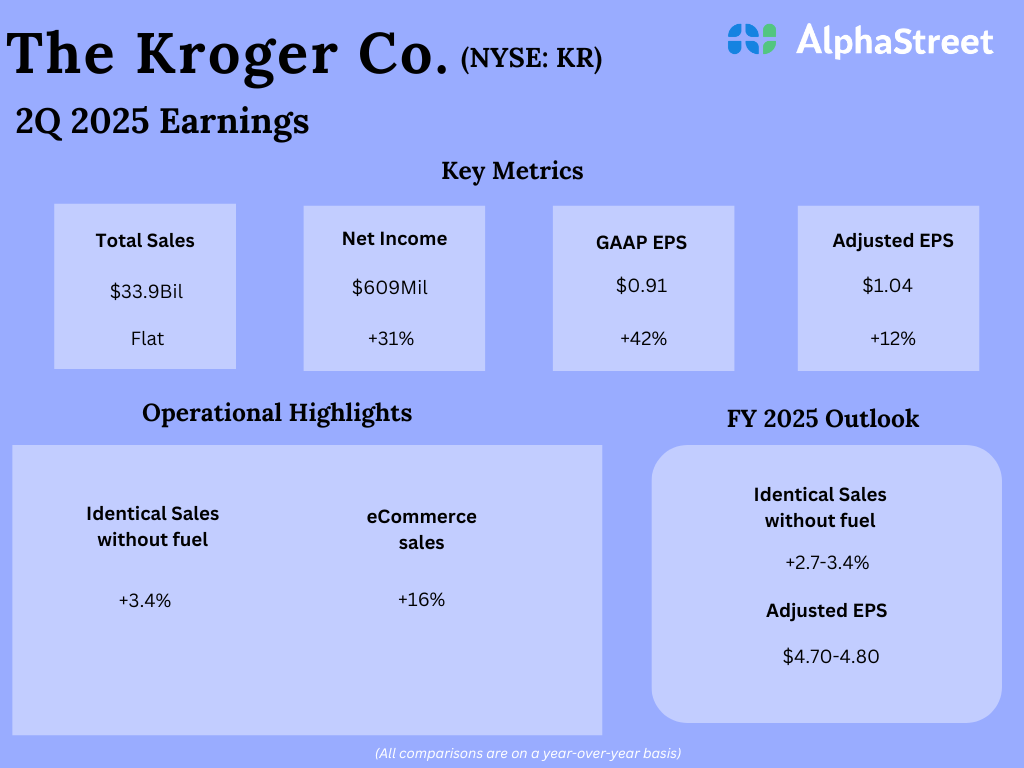Why Would Someone Want to Disappear From Public Records?
Most people don’t realize how much of their assets are searchable. With just a few clicks, anyone can determine where you live, what property you own, or what business entity is registered under your name. In the United States, these public records are often filed with the Secretary of State, making it easy for attorneys, creditors, or even criminals to know exactly what you own.
Why does this matter? Because visibility makes you a target. If your name is tied to multiple homes or business interests, you become a magnet for lawsuits. Many investors have learned the hard way that it’s not just about asset protection planning after the fact—it’s about preventing your name from being connected to valuable assets in the first place.
👉 Want to see exactly how it works? Watch my full breakdown on YouTube
How Do Lawsuits Target Visible Wealth?
Here’s how it usually works:
Someone sues you—maybe a tenant, a contractor, or even a business competitor.
Their attorney runs a search through state law filings and county records to see what you own.
If your name appears on property deeds, LLC filings, or bank accounts, they see you as someone worth pursuing.
Law firms working on contingency fees specifically look for people with visible wealth. One client of ours was dismissed from a lawsuit within months because their assets were hidden. Another client, whose name was all over public records, spent years and millions fighting the same lawsuit.
This is why effective protection strategies start with LLC anonymity and land trust structures—so your wealth is invisible to prying eyes.
Request a free consultation with an Anderson Advisor
At Anderson Business Advisors, we’ve helped thousands of real estate investors avoid costly mistakes and navigate the complexities of asset protection, estate planning, and tax planning. In a free 45-minute consultation, our experts will provide personalized guidance to help you protect your assets, minimize risks, and maximize your financial benefits. ($750 Value)
The first layer of defense is the Limited Liability Company (LLC).
An LLC is one of the most common legal entities used for asset protection strategies. It separates your personal world from your business activities, making sure that if something happens inside the LLC, it doesn’t spill over into your personal assets.
But here’s the problem: in many states, when you form an LLC, the Secretary of State requires you to list the owners or managers. That means your name is still tied to the entity in public records.
That’s why I often recommend forming an anonymous LLC in states like Wyoming or Nevada. These states offer:
Privacy—business owners’ names are not disclosed.
Strong asset protection strategies—Wyoming law provides powerful charging order protections, limiting creditor access.
Cost efficiency—inexpensive to form and maintain compared to other states.
By using a Wyoming LLC to own your in-state LLCs, you can operate in full compliance with state law while removing your personal name from corporate filings.
How to Legally Disappear Using a Trust?
The second layer is the land trust, which is one of the most underutilized tools in asset protection planning.
A land trust has three key roles:
Grantor: The person who creates the trust and transfers the property into it. This is typically you—the investor or homeowner who wants privacy.
Trustee: The individual or business entity (like an LLC) that holds legal title to the property. The trustee’s name is what appears in the public record, not yours. The trustee manages title but does not control the economic benefits.
Beneficiary: The person or entity who actually benefits from the property in the trust. As the beneficiary, you retain the right to collect rental income, live in the home, or sell it. You control the property while staying off public records.
In public records, only the trustee is visible. This is how investors stay invisible with land trusts. If your Wyoming LLC acts as trustee, your personal information is nowhere to be found.
You can even use a revocable trust variation for your personal residence—called a personal residence privacy trust. This allows you to keep your homestead exemption, maintain your capital gains exclusions, and still have your property shielded from public view.
Can You Use LLCs and Land Trusts Together?
Yes, and this is where the structure shines.
When you combine LLCs and land trusts, you layer anonymity with liability protection. For example:
Each property is titled into a land trust.
The trustee listed is your Wyoming LLC (or another anonymous entity).
The beneficiary of the land trust is another LLC.
This means:
Your name isn’t on the deed.
Your name isn’t on the Secretary of State filing.
Each property is isolated, so one lawsuit can’t reach across your portfolio.
Let’s say you own three rental homes. Instead of putting them in your personal name, each home goes into its own land trust. The trustee is your Wyoming LLC, and the beneficiary is another LLC. If a tenant slips and falls at one property, the lawsuit can’t touch the other two homes or your personal bank accounts. To the outside world, all they see is a trust managed by an LLC—not you.
It’s also exactly how wealthy families approach planning. They layer domestic asset protection trusts, LLC anonymity, and land trusts together, sometimes even adding life insurance inside a trust for extra protection.
Does This Strategy Affect Taxes or Financing?
A common question I get is: “Won’t this trigger extra tax filings or make it harder to open bank accounts?”
In most cases, no. These entities are often set up as disregarded entities for tax purposes, meaning they flow directly onto your personal tax return. There’s no separate filing unless you want to elect one for financing or planning reasons.
And yes, you can still open bank accounts in the name of the LLC or trust. The financial institution might ask for the operating agreement or trust document, but public filings never need to display your name.
Is It Legal to Hide Assets This Way?
Yes, as long as you do it with the right intent and at the right time. Using an LLC, land trust, revocable trust, or even a domestic asset protection trust for privacy and protection is completely legal.
What the law prohibits is a fraudulent transfer, the moving of assets after you already know there’s a lawsuit or creditor coming after you. For example, if you get sued on Monday and then deed your house into a trust on Tuesday, a court can easily undo that transfer and may even penalize you.
That’s very different from asset protection planning, which is about being proactive. When you structure LLCs, land trusts, or other legal entities before trouble arises, you’re following state law to reduce your risk. The best strategies anticipate problems and make you less of a target in the first place. Getting legal advice early ensures you build protection that works, instead of scrambling when it’s already too late.
Can This Work for My Personal Residence?
Yes. Through a personal residence privacy trust, you can title your home in a trust while still preserving:
Your homestead exemption (in states like Florida or Texas).
Your capital gains exclusion when you sell your home.
Your existing mortgage protections under the Garn-St. Germain Act.
This means your property is still protected by law, but your name disappears from the public record.
How Do You Transfer Assets Into These Structures?
A critical part of asset protection planning isn’t just creating the entity or trust—it’s properly transferring assets into them. If you form a limited liability company (LLC) but never deed your property into the LLC or trust, the protection doesn’t exist.
For real estate, this usually means signing and recording a deed that transfers ownership from your personal name to the land trust. The land trust then lists your LLC as trustee and another LLC as beneficiary. For bank accounts, you may need to update account ownership so the business entity, not you individually, is listed as the account holder. With life insurance, the policy can be owned by a trust, making the death benefit harder for creditors to reach.
Every transfer must comply with state law to remain valid. Done correctly, you move the asset into the trust or business entity without triggering a fraudulent transfer claim. This step is where many people fail—they form the legal entities but never complete the asset transfers. When you do both, you achieve true privacy and protection.
What’s the Bottom Line?
If you want to:
Stay invisible: Keep your name out of Secretary of State filings and property deeds.
Protect assets: Isolate properties so one lawsuit doesn’t affect your entire portfolio.
Transfer assets legally: Use trusts and LLCs in a way that avoids fraudulent transfer issues.
Comply with U.S. state law: Build strategies that are recognized and enforceable.
Plan ahead: Protect wealth before lawsuits arise.
…then LLCs and land trusts are two of the most effective tools available. This isn’t about hiding money offshore or evading creditors—it’s about smart, legal asset protection planning within the United States. You don’t want to look like a target; you want to build wealth in peace.
👉 Ready to see if this structure is right for you? Schedule a free 45-minute Strategy Session with one of our Senior Advisors to review your unique situation and map out the best protection strategies for your future.
Remember, savvy investors don’t wait until after they’ve been sued to protect their assets—they build invisible walls ahead of time. If you’re serious about safeguarding your portfolio and future, start planning now and get tailored legal advice before it’s too late.
























